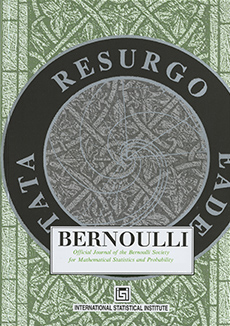Abstract
The mathematical forces at work behind Generative Adversarial Networks raise challenging theoretical issues. Motivated by the important question of characterizing the geometrical properties of the generated distributions, we provide a thorough analysis of Wasserstein GANs (WGANs) in both the finite sample and asymptotic regimes. We study the specific case where the latent space is univariate and derive results valid regardless of the dimension of the output space. We show in particular that for a fixed sample size, the optimal WGANs are closely linked with connected paths minimizing the sum of the squared Euclidean distances between the sample points. We also highlight the fact that WGANs are able to approach (for the 1-Wasserstein distance) the target distribution as the sample size tends to infinity, at a given convergence rate and provided the family of generative Lipschitz functions grows appropriately. We derive in passing new results on optimal transport theory in the semi-discrete setting.
Acknowledgments
The authors thank J. Lambolley and M. Pierre for stimulating and fruitful discussions. They also thank the Editor-in-Chief and two anonymous referees for their careful reading of the paper and constructive comments, which led to a substantial improvement of the document.
Citation
Arthur Stéphanovitch. Ugo Tanielian. Benoît Cadre. Nicolas Klutchnikoff. Gérard Biau. "Optimal 1-Wasserstein distance for WGANs." Bernoulli 30 (4) 2955 - 2978, November 2024. https://doi.org/10.3150/23-BEJ1701
Information





